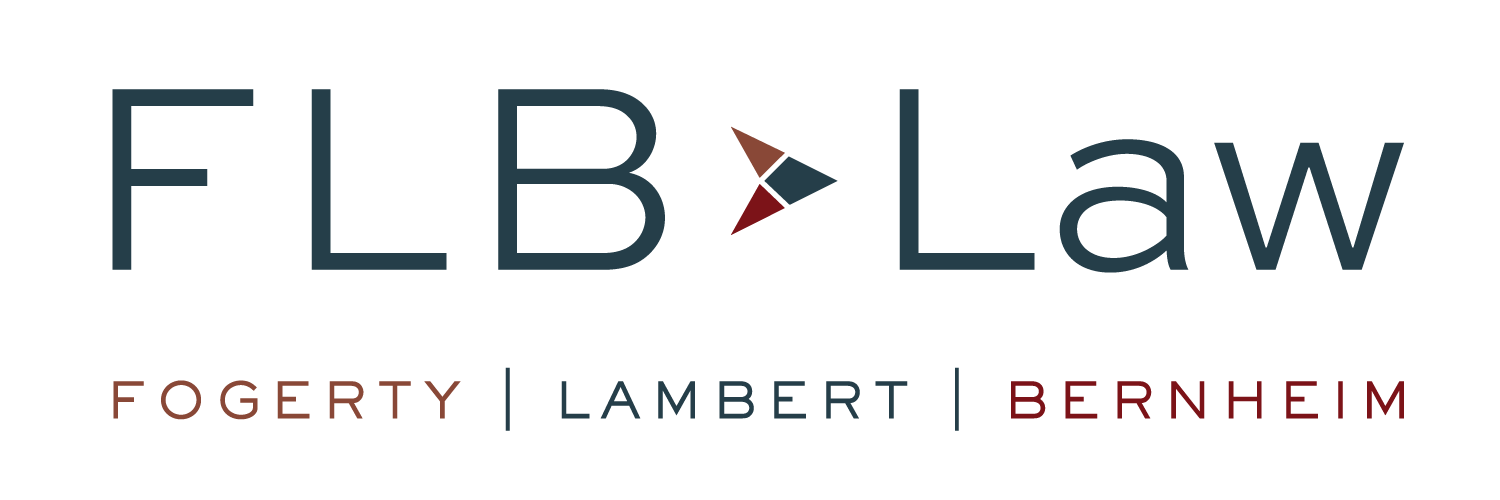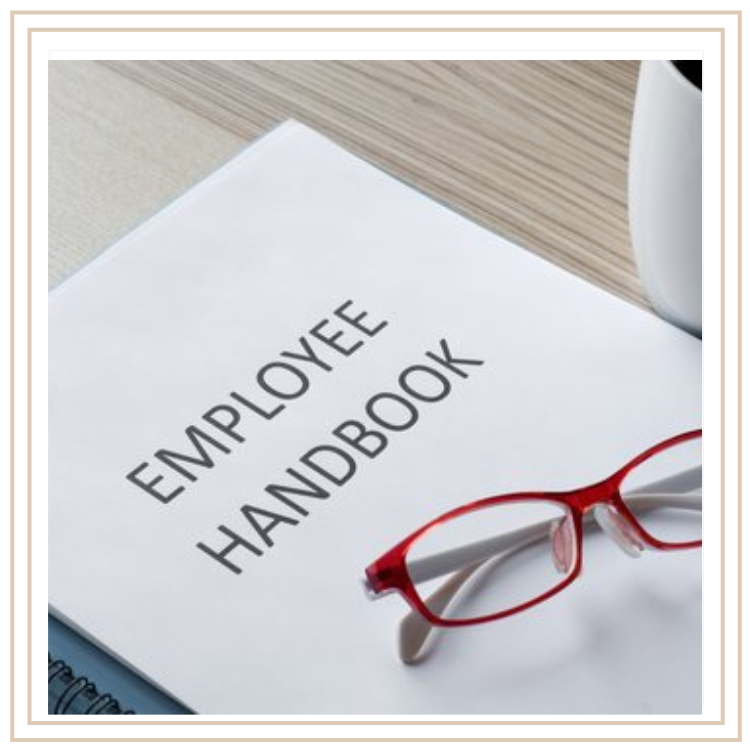Connecticut Court Clarifies Definition of “Supervisor” for Hostile Workplace Complaints
In hostile work environment cases, an employer’s liability can hinge on whether the harassing conduct was committed by the plaintiff’s supervisor. For the first time, a Connecticut Appellate Court addressed the definition of “supervisor” under the Connecticut Fair Employment Practices Act (CFEPA) and found it to be the same as it is under federal law. The fact that the court declined to broaden the definition of supervisor is good news for Connecticut employers. But the case serves as an important reminder for employers to review their practices and procedures to ensure their employees are not being subjected to a hostile work environment.
The Case
Tenisha O’Reggio, a Connecticut Department of Labor (DOL) employee, filed a complaint with the Connecticut Commission on Human Rights and Opportunities (CHRO), alleging that she was subjected to a hostile work environment because of her race and color. O’Reggio, who is African American, worked as an adjudicator for the DOL. She contended that the program service coordinator to whom she reported, who is Caucasian, created a hostile workplace by repeatedly making racially biased statements to her and in her presence. In ruling that the employer was not liable, an administrative law judge found that while the program coordinator had created a hostile work environment, the employer had acted reasonably and promptly to correct the situation and therefore was not negligent.
O’Reggio appealed the decision to the Connecticut Superior Court, arguing that the employer must be held strictly liable because the hostile work environment was created by her supervisor. The court sided with the employer, holding that the program service coordinator did not meet the definition of “supervisor” under the U.S. Supreme Court’s 2013 finding in Vance v. Ball State University. The decision was affirmed by the Connecticut Appellate Court.
The Definition of Supervisor
With the O’Reggio case, Connecticut has formally adopted a definition of “supervisor” for CFEPA claims. The court clarified that a supervisor is limited to an employee who has been empowered by the employer to make a significant change in the subordinate’s employment status, which includes actions such as hiring, firing, failing to promote, reassigning the employee to significantly different responsibilities, or significantly altering the employee’s benefits. The court rejected the plaintiff’s argument that the definition should be broadened to include additional employees who have the power to control the day-to-day conditions of their subordinates’ work.
Why the Definition of Supervisor Matters
State and federal laws protect employees and job applicants from employment harassment and discrimination based on many characteristics, including race, color, religion, sex, age, and national origin. A work environment may be found to be hostile when supervisors and coworkers engage in discriminatory conduct related to a protected characteristic that is sufficiently severe or pervasive that it impacts the complaining worker’s employment conditions.
When an employee brings a complaint alleging a hostile workplace, the standard for finding the employer liable is different based on whether the environment was created by the conduct of a supervisor or a coworker. When the employee’s supervisor is responsible, the employer will be held strictly liable unless it can show that it exercised reasonable care to prevent and promptly remedy any harassing behavior and that the plaintiff unreasonably failed to take advantage of any preventive or corrective opportunities that were provided. When a hostile environment is created by the conduct of a coworker, it is more difficult for a plaintiff to show that the employer was liable. In these situations, the plaintiff must demonstrate that the employer was negligent in controlling the working conditions.
The Takeaway for Connecticut Employers
While the court’s decision not to expand the definition of a supervisor is good news for Connecticut employers, this case serves as an important reminder for employers to review their policies and procedures for preventing and responding to complaints of workplace harassment. When a hostile work environment is created by a supervisor, the employer’s only defense is that the employer exercised reasonable care to correct the harassing behavior and that the employee failed to take advantage of corrective opportunities that were provided by the employer.
Employers must train all supervisors in what constitutes harassment and discrimination and ensure that supervisors understand they have a special responsibility to prevent a hostile environment. All employee complaints of harassment or discrimination must be taken seriously and handled with great care. All complaints must be thoroughly and promptly investigated and responded to appropriately. Employees must be made aware of their rights and to whom they can report their complaints when a supervisor is the subject of a complaint. For a complaint against their supervisor, the appropriate person may be a human resources specialist or, for smaller employers, the owner of the company.
Joshua M. Auxier, a partner at FLB Law in Westport, Conn., is a litigator with two decades of experience representing clients in employment law matters. Contact Josh at auxier@flb.law or 203.635.2200. For more information about FLB Law, click here.

